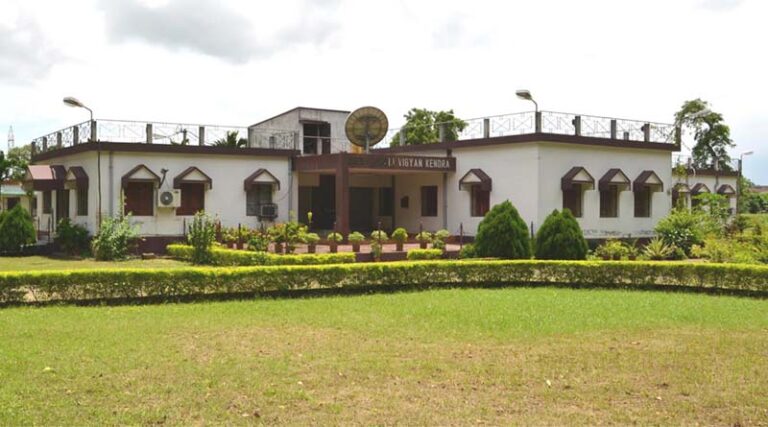
Nadia KVK Becomes India’s First Net Zero Certified Krishi Vigyan Kendra
04 October 2025, Kolkata: In a historic achievement for Indian agriculture, Nadia Krishi Vigyan Kendra (KVK), under Bidhan Chandra Krishi Viswavidyalaya (BCKV), West Bengal, has become the first KVK in the country to receive Net Zero certification. The recognition was conferred by UK-based certifying agency i-NoCarbon Limited after the institution recorded a net carbon footprint of minus 74.99 metric tonnes of CO₂ equivalent.
Indigenous Carbon Assessment Framework
This milestone has been made possible through a collaborative effort between the ICAR–Agricultural Technology Application Research Institute (ATARI), Kolkata, and the Inhana Organic Research Foundation (IORF). The partnership led to the development of India’s first indigenous carbon footprint assessment standard for agriculture, the Agriculture Carbon Footprint Assessor (ACFA) Version 1.0.
ACFA was designed as a Make-in-India framework that adapts international protocols, including the IPCC Guidelines, GHG Protocol, ISO 14064-1 and PAS 2050, to Indian agro-ecosystems. It provides a comprehensive evaluation of agricultural carbon impacts while aligning with local cultivation practices. Building on this framework, ACFA Version 2.0 enhanced precision and paved the way for the Trustea Emission Calculator, a tool that not only measures carbon footprints but also raises awareness of broader sustainability impacts. These innovations have positioned India as a leader in agricultural carbon accounting and opened the door for participation in voluntary carbon market projects.
Pathway to Net Zero
Nadia KVK achieved Net Zero status by adopting the Clean Food Net Zero Model developed by IORF, which emphasizes pesticide-free natural farming. The use of Novcom compost enabled efficient soil nutrient recycling and reduced the dependence on urea fertilizers. Sustainable farm management practices minimized emissions from electricity and livestock, while the preservation of trees and perennial horticultural plants within the KVK premises enhanced carbon sequestration. Collectively, these measures resulted in a net carbon saving of 74.99 metric tonnes of CO₂ equivalent.
A Replicable Model for Indian Agriculture
The significance of this achievement lies not only in institutional recognition but also in its potential for replication across the country. With 731 Krishi Vigyan Kendras in India, the Nadia model presents a transformative pathway for climate-smart agriculture. It can contribute to Corporate Social Responsibility-driven sustainability initiatives, compliance with Net Zero goals, generation of carbon credits, restoration of soil health and long-term livelihood security for farmers.
The initiative has been further validated through the IBM–IORF Sustainability Accelerator Project, making it the first of its kind to link smallholder farmers with corporate sustainability goals. This alignment underscores India’s broader climate commitments and offers a practical approach to agricultural resilience.
Also Read: Trump’s Tariffs Against Brazil Are Illegal, but Remain in Effect Until Final Ruling in the US
📢 If You’re in Agriculture, Make Sure the Right People Hear Your Story.
From product launches to strategic announcements, Global Agriculture offers unmatched visibility across international agri-business markets. Connect with us at pr@global-agriculture.com to explore editorial and advertising opportunities that reach the right audience, worldwide.






